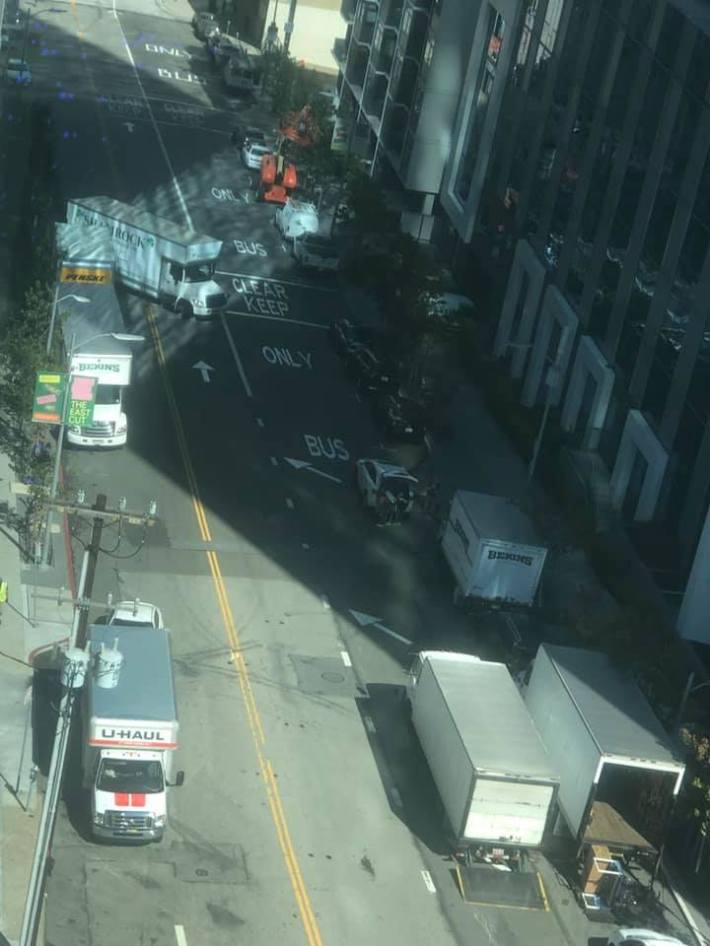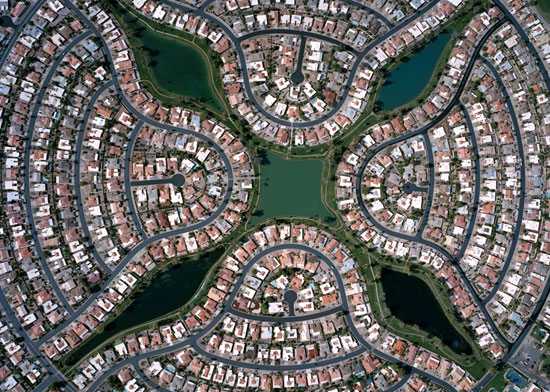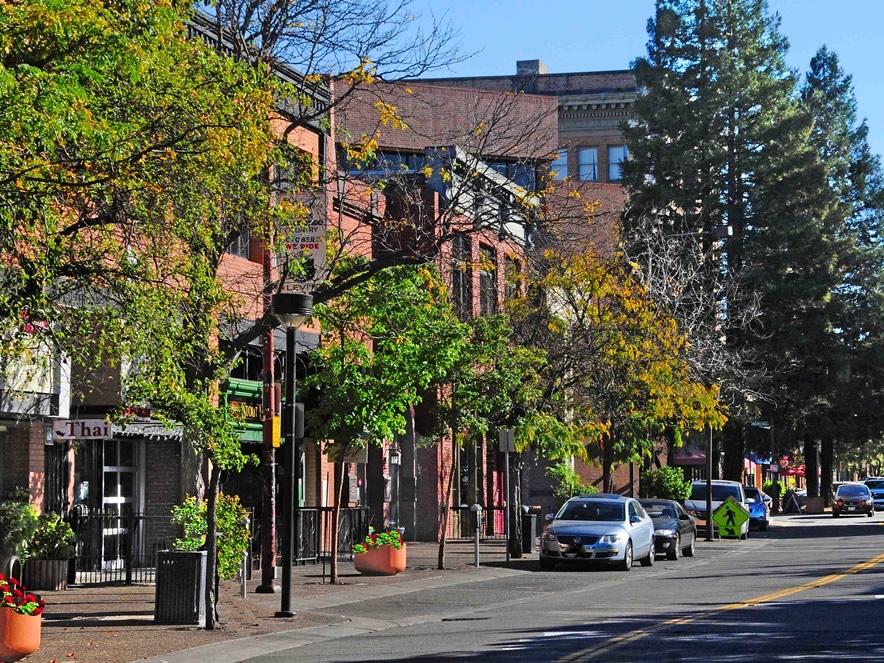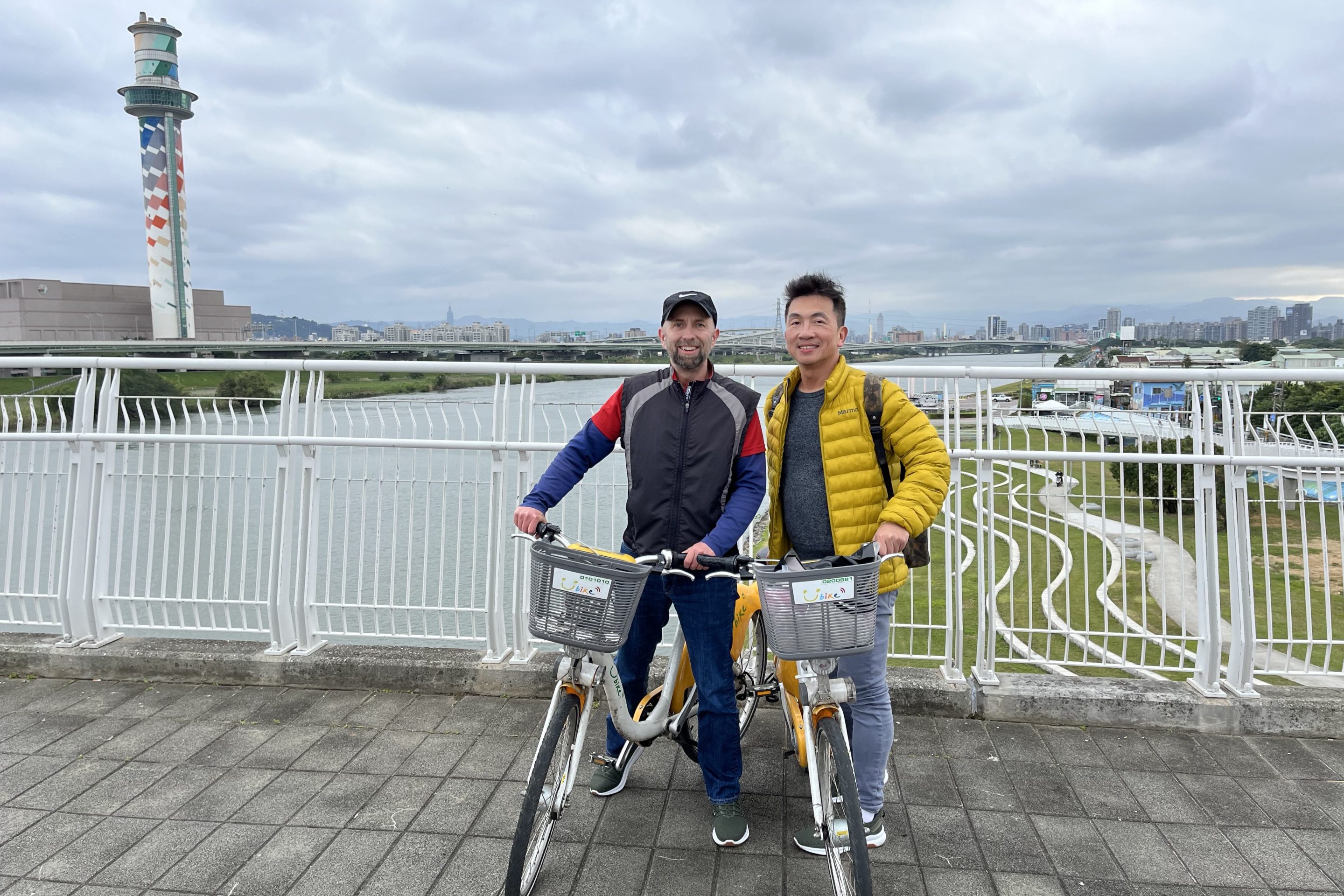Note: GJEL Accident Attorneys regularly sponsors coverage on Streetsblog San Francisco and Streetsblog California. Unless noted in the story, GJEL Accident Attorneys is not consulted for the content or editorial direction of the sponsored content.
Rents are dropping in San Francisco. There are more condos for sale than there have been in years. From ABC7:
Before the pandemic hit, San Francisco had the highest building occupancy rate in the country. Now, most of the city's skyscrapers sit empty. Residents, many now working from home, cite "high prices" and "there's nothing to do" as reasons why.
This is the storyline that's been popping up in the Bay Area: with 'work from home' now the norm for a large percentage of the workforce, lots of people are asking why home has to be so small, expensive and central. A recent piece in Socketsite indicates that there are nearly 1,500 homes and condos for sale right now in San Francisco. That is "surpassing the recession-era inventory levels which were driving the market in August of 2008 and 2009."
Some of this is probably temporary: a sign of hard economic times, for sure. And the headlines seem overblown. But, clearly, some people are leaving San Francisco (and other big cities) out of choice, because the pandemic--at least temporarily--has taken the joy out of living in a metropolis.

"In the mid-90s folks like Nicholas Negroponte and William Mitchell were predicting that the new digital economy meant that folks would be able to live and work anywhere--and of course everybody would decamp from cities and move to someplace like Aspen," mused Livable City's Tom Radulovich in a Facebook post. "I'm sure Aspen is pretty, and heaven if you're into skiing or flyfishing. I suspect the Aspen-ish places that [Joel] Kotkin called 'Valhallas' will have perennial appeal. Despite those predictions and similar ones by [Thomas] Friedman and others, many cities boomed."
But right now at least, many of the upsides of living in a city--great cultural institutions, public transportation, and fun, walkable neighborhoods--are more-or-less off-limits thanks to social distancing requirements. And the economic incentives for living in a city are also largely erased.
On the other hand, leaving the inner parts of a large, dynamic city doesn't mean giving up on things that advocates crave--mainly, safe, walkable streets and bikeable neighborhoods. Older suburban railroad towns, such as cities on the Caltrain mainline or Santa Rosa pictured in the lead image, still have reasonably lively town centers. And if there's a train and/or ferry that can comfortably get someone to San Francisco in an hour or two, traffic-free, maybe that's a good compromise for some if they're craving more space? On the other hand, all Bay Area cities are expensive--and heading out of the region altogether may be the solution for many.

Clearly, if the conditions brought on by COVID 19 were permanent, there would be little reason to pay high rents for a tiny San Francisco apartment or condo. But they're not permanent. And what's going to happen to people who move out to the burbs or to the country or an inexpensive city and then find it boring? Will they end up stuck after a vaccine is found? Will they be financially able to return to San Francisco?
"History teaches us that many Americans were hesitant to resume big gatherings after the 1918 flu pandemic, but when that waned, watch out: the Roaring Twenties," wrote Rick Laubscher, president and CEO of San Francisco non-profit Market Street Railway, on Radulovich's string. "A lot's obviously going to depend on science, esp. vaccines. But cities are going to come back, no question."
Where do you stand? Are you thinking about leaving San Francisco or Oakland (maybe you already have)? If so, where would you go and why? Comment below.






